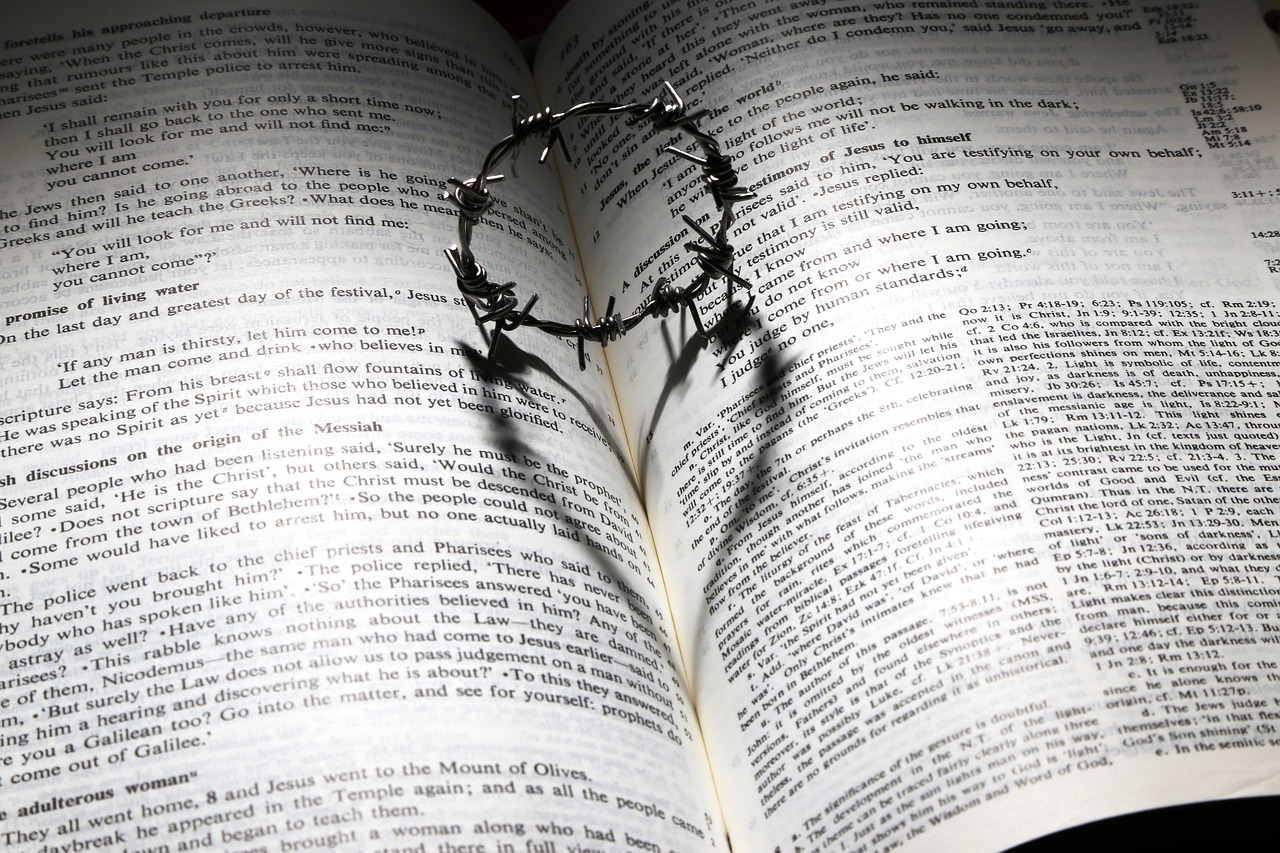I was an atheist once. I argued with theists…not just Christians, but anyone who believed in any sort of god. One question none of them could ever answer was this:
If God exists and he made us intelligent, then why would the set of abilities he gave us *not* equip us to detect Him?
Spoiler alert: We can detect Him…just not in the way I had envisioned at the time.

At the time, it seemed necessary that God be detectable through a well-designed experiment. If science can discover everything about the world, it should be able to discover the God who made it…right?
Have you ever tried to “test” whether your spouse or significant other loves you? Another spoiler alert: It doesn’t work very well. Don’t try this at home!
As soon as the person catches on to being “tested”, the test is ruined. People don’t like being tested. God doesn’t either.

But, there’s more to it than just not liking being tested…
Looking back, it’s sort of a weird notion to assume that God, or anyone, would want to be discoverable only via scientifiic experiments…but I digress.
The real trouble with the whole thing is that if God made Himself obvious, no effort would be necessary. We’d all end up accepting God, sure, but several of us wouldn’t have made that decision otherwise.
And why is that a problem?

If “God’s way” is the exact same choice as “the easy way out”, then a lot of people who chose it wouldn’t have actually chosen God, or God’s rules. They would have intentionally chosen “the easy way out” and just happened to end up with God, essentially as an accident.
But God doesn’t want to be our accidental choice. The idea of us ending up with Him by accident, when perhaps we didn’t want that, would be a violation of our free will.

God wants us to choose Him…on purpose. Not as an unintentional consequence of pleasure-seeking. It’s a choice. Not as robots, who have no free will…as human beings, created in His image with the ability to love, the free will to use or not that ability, and smart brains in our heads to use to figure out the truth.
Christianity is unique in that it encourages skepticism (Acts 17:11). It encourages testing (1 Thess 5:21). What other holy book out there, besides the Bible, can display that kind of confidence? (none!)
So, what do you choose?
